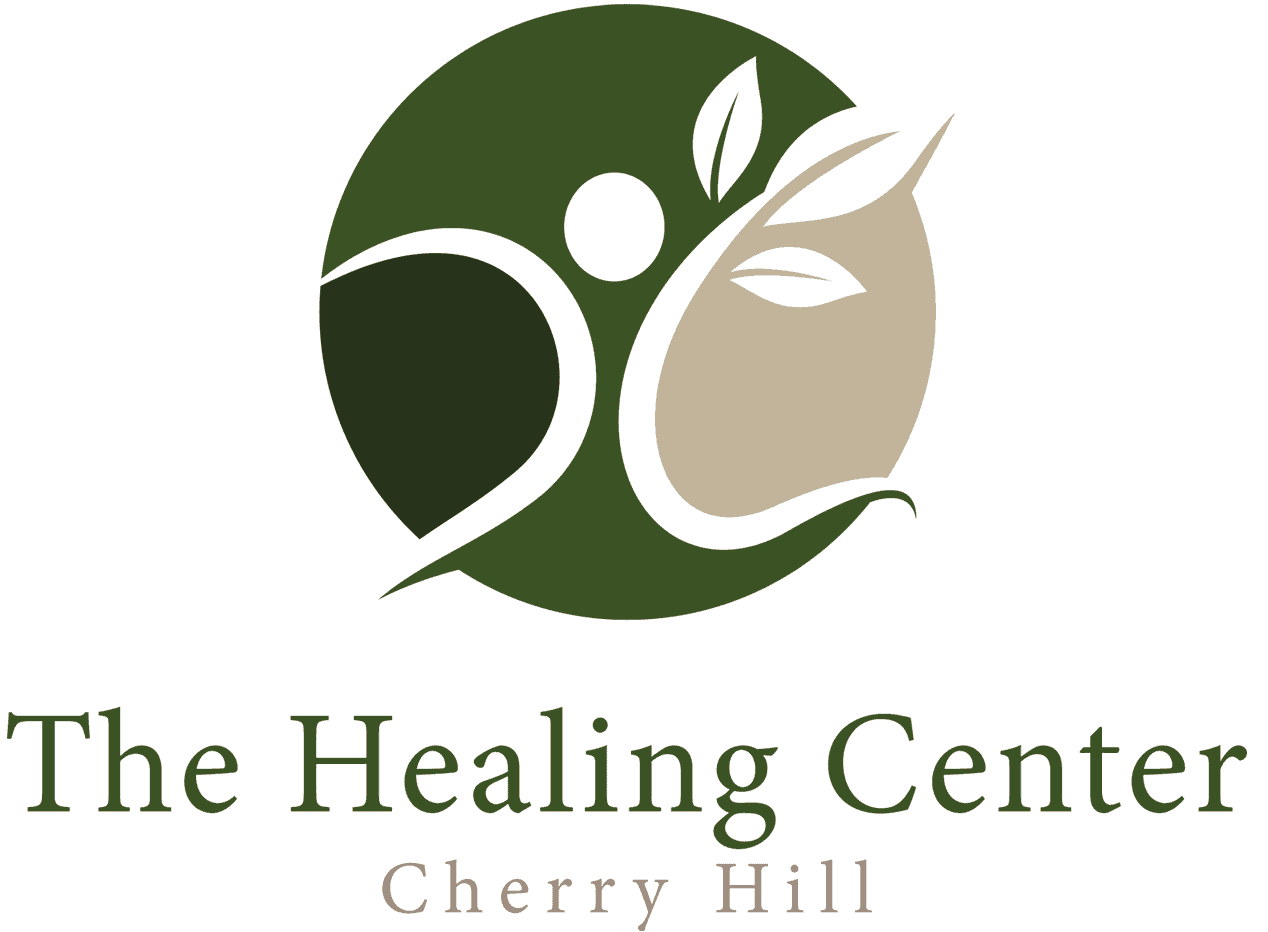Alcoholism is a type of substance abuse addiction that is characterized by the misuse of alcohol. It is considered to be a progressive disease, which means that it worsens over time. Additionally, it is one of the most common addiction disorders in the United States. The most common myth surrounding alcohol abuse is that it must be extremely severe to be diagnosed by medical professionals. Even if a person does not drink every day, or hasn’t had negative consequences due to their consumption of alcohol, they may still be struggling with alcoholism. Understanding the four stages of alcohol addiction could help you or your loved one from progressing even deeper into the disease. Early intervention is key in cases of alcoholism in order to avoid the life-threatening damage that long-term alcohol abuse carries.
What Is Alcohol Abuse Disorder?
Alcoholism, also known as alcohol use disorder (AUD), is a chronic and progressive medical condition characterized by an unhealthy pattern of alcohol consumption that leads to significant distress or impairment. It’s a complex disorder that affects both the physical and psychological aspects of a person’s life.
It’s important to note that alcoholism exists on a spectrum, with mild to severe levels of severity. The diagnosis of alcohol use disorder is typically based on criteria outlined in the Diagnostic and Statistical Manual of Mental Disorders (DSM-5), which takes into account the number and severity of symptoms present.
Alcoholism is a serious medical condition that can have profound effects on a person’s health and well-being. Fortunately, treatment options are available, ranging from behavioral therapies and counseling to medications and support groups. If you or someone you know is struggling with alcoholism, it’s important to seek help from a healthcare professional or addiction treatment specialist.
The Four Stages Of Alcoholism
The concept of “stages of alcoholism” can vary depending on the model or framework being used. One widely recognized model that describes the progressive nature of alcoholism is the Jellinek Curve, which outlines four stages of alcoholism based on the individual’s relationship with alcohol. Keep in mind that not everyone may experience alcoholism in exactly these stages, and the progression can be different for each individual. Here are the four stages according to the Jellinek Curve:
- Pre-Alcoholic Phase: In this initial stage, individuals may begin experimenting with alcohol. Social drinking is common, and they might drink to relieve stress, relax, or have fun. Drinking is generally under control, and there may be little to no negative consequences at this point.
- Prodromal Phase: In this phase, individuals start to experience negative consequences related to their drinking, such as hangovers, blackouts, and other negative health effects. Tolerance to alcohol may develop, leading them to drink more to achieve the desired effects. Despite these consequences, they may deny having a problem and believe they can stop drinking whenever they want.
- Crucial Phase (Chronic Phase): As alcoholism progresses, individuals in this phase experience a loss of control over their drinking. They may engage in binge drinking or regular heavy drinking. Negative consequences become more severe and widespread, affecting relationships, work, and health. Attempts to quit or cut back on drinking often fail due to the development of physical and psychological dependence. Withdrawal symptoms become more pronounced, and the person may experience cravings and an increased focus on obtaining and consuming alcohol.
- Chronic Phase (Late Stage): In this final stage, alcoholism has taken a significant toll on the individual’s physical, mental, and social well-being. The negative consequences of alcohol use are pervasive, and the individual’s life may be dominated by alcohol-related issues. Health problems, including liver disease, cardiovascular issues, and mental health disorders, can become severe. Relationships may have deteriorated, and job loss or legal troubles may occur. Despite these difficulties, some individuals continue to drink, often leading to a sense of hopelessness and despair.
It’s important to emphasize that not everyone follows this progression exactly, and the timeline for each stage can vary widely among individuals. Additionally, interventions and treatment can greatly impact an individual’s progression through these stages. Recognizing the signs of alcoholism early and seeking help can lead to more successful outcomes in terms of recovery and overall health. If you or someone you know is struggling with alcoholism, reaching out to a healthcare professional or an addiction specialist is highly recommended.
When Is Alcohol Rehab Necessary?
Alcohol rehab, also known as alcohol rehabilitation or treatment, is necessary when an individual’s alcohol use has reached a point where it is causing significant negative consequences in various aspects of their life. Signs that alcohol rehab is necessary include:
- Loss of Control: If a person finds it difficult or impossible to limit their alcohol intake, even when they intend to drink in moderation, it could be a sign of loss of control, which is a characteristic of alcohol use disorder.
- Health Issues: Physical health problems related to alcohol use, such as liver damage, heart problems, or neurological issues, may indicate a need for rehab.
- Negative Impact on Relationships: If alcohol use is causing conflicts, strained relationships, and breakdowns in communication with family members, friends, or colleagues, it’s a sign that treatment may be necessary.
- Work or School Problems: If alcohol use is interfering with a person’s ability to perform well at work or school, it’s a clear indicator that they may need professional help.
- Legal Issues: Legal problems such as DUI arrests, public intoxication charges, or other legal consequences related to alcohol use can be a strong indication that treatment is needed.
- Failed Attempts to Quit: Repeatedly trying to quit or cut back on alcohol without success, or experiencing withdrawal symptoms when attempting to stop, can be a sign of physical and psychological dependence, necessitating treatment.
- Loss of Interest in Activities: If a person is neglecting hobbies, interests, and activities they used to enjoy due to their focus on alcohol, it’s a sign that their drinking may have escalated to a problematic level.
- Cravings and Obsession: Feeling intense cravings for alcohol and constantly thinking about when and how to drink can be signs of addiction and may require professional intervention.
- Mental Health Issues: Co-occurring mental health disorders, such as depression, anxiety, or PTSD, often accompany alcohol use disorder. Treating both conditions simultaneously is important for successful recovery.
- Dangerous Behavior: Engaging in risky behaviors under the influence of alcohol, such as driving while intoxicated, engaging in unprotected sex, or violence, indicates a need for intervention.
- Isolation and Withdrawal: If a person begins to isolate themselves from loved ones and social activities to drink alone, it’s a concerning sign of alcohol misuse.
It’s important to note that recognizing the need for alcohol rehab can be challenging, especially for individuals who are in denial about the extent of their problem. If you or someone you know is experiencing any of these signs, seeking help from a healthcare professional or addiction treatment specialist is recommended. They can provide a thorough assessment and guidance on the most appropriate course of action, which may include outpatient or inpatient rehab, counseling, detoxification, and ongoing support.
Help For Alcoholism In Cherry Hill, NJ
The Healing Center provides a compassionate and safe alcohol rehab program in Cherry Hill, NJ to those who are struggling with alcoholism. Even if you are in the early stages of alcohol abuse, it is vital to seek professional help. If you believe your relationship with alcohol could be unhealthy, then reach out to our team. Our admission coordinators will complete an over-the-phone assessment in order to get you the help you need. Contact us today to learn more.







